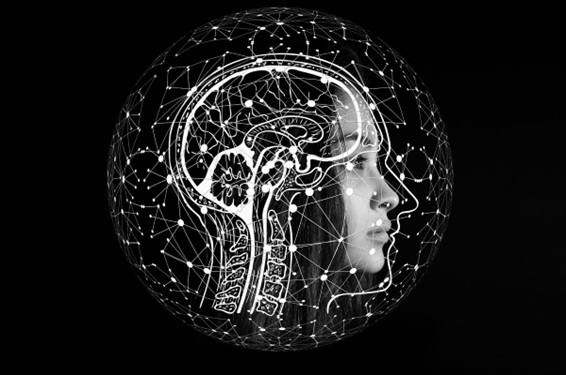
Generative Artificial Intelligence (GenAI) has become a transformative force in the realm of digital content creation. This technology, which has seen significant development over the past three decades, utilizes extensive training datasets encompassing text, images, and various media types to generate novel content. However, this surge in the use of GenAI has brought to light a host of intellectual property (IP) challenges, resulting in legal actions and stimulating discussions on national, European, and international stages.
One notable issue arising from the widespread adoption of GenAI is the subject of copyright infringement. GenAI companies have faced lawsuits, particularly concerning the use of copyrighted works as part of their training datasets.
Leading the regulatory effort, the European Union has recently come to a preliminary agreement on the world's first AI Act, a groundbreaking legal framework intended to address the ethical dilemmas and complex issues raised by artificial intelligence technologies, including generative AI. This Act will be a major step towards creating a thorough legal framework to regulate the creation and application of AI systems, ensuring their safety, transparency, and observance of existing laws and fundamental rights, particularly those related to intellectual property.
Sources
Details
- Publication date
- 14 December 2023
- Author
- European Innovation Council and SMEs Executive Agency
